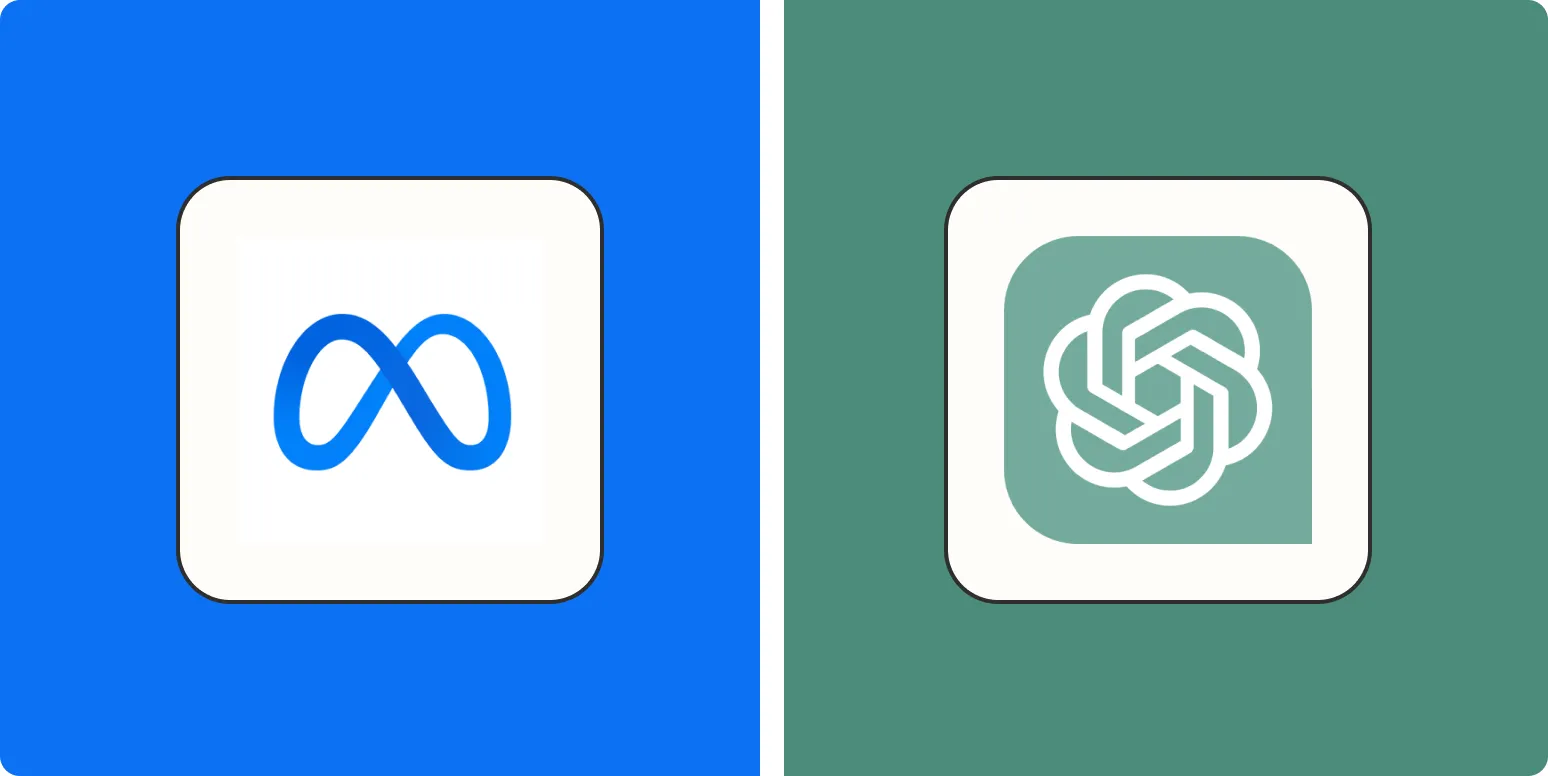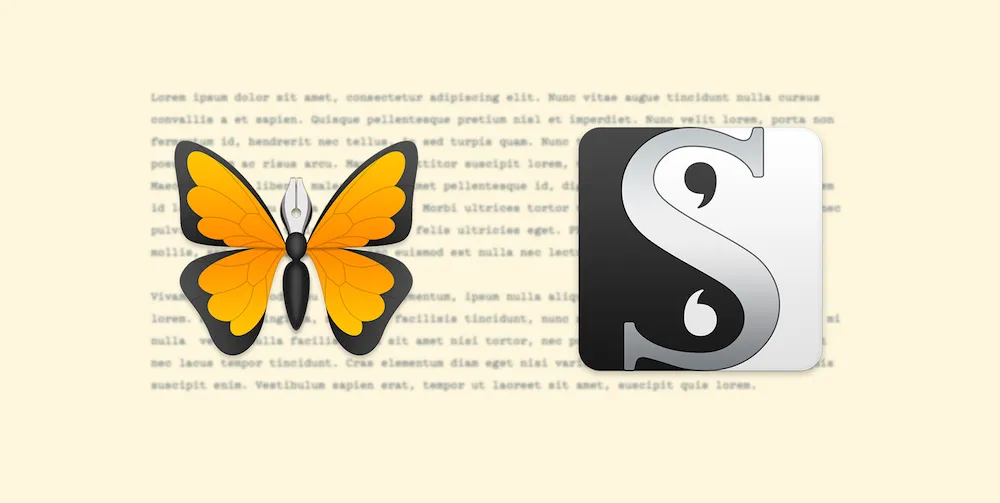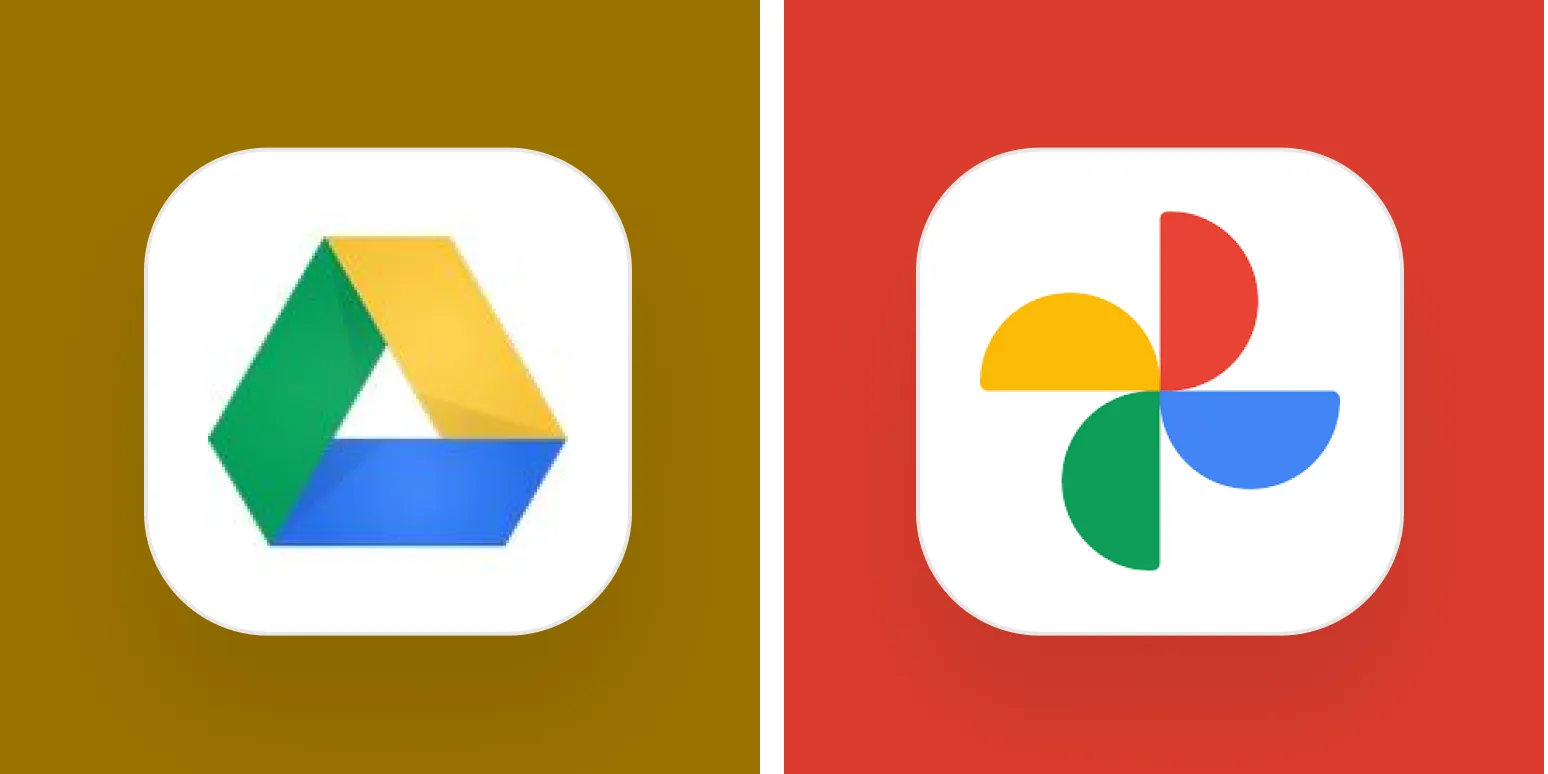As the realm of artificial intelligence continues to expand, two significant players have emerged in the chatbot landscape: ''Meta AI'' and ''ChatGPT''. Both platforms offer unique capabilities and functionalities, catering to a variety of user needs. This article will delve into the features, strengths, and weaknesses of both, ultimately providing clarity on which might be the more suitable option for different scenarios.
Overview of Meta AI
''Meta AI'', developed by Meta Platforms, focuses on creating conversational agents that can engage users in meaningful dialogue. With a strong emphasis on context and understanding user intent, Meta AI aims to provide a seamless interaction experience. It is integrated into various Meta products, enhancing user experience across their platforms.
Overview of ChatGPT
''ChatGPT'', developed by OpenAI, is a language model that has gained significant attention for its versatility and ability to generate human-like text. It leverages deep learning techniques to understand and respond to user inputs, making it suitable for a wide range of applications, from customer support to creative writing.
Key Features Comparison
| Feature | Meta AI | ChatGPT |
|---|---|---|
| Contextual Understanding | Strong emphasis on context; ideal for social media interactions. | Excellent at maintaining context over longer conversations. |
| Integration | Seamlessly integrates with Meta's ecosystem. | Can be integrated into various applications via API. |
| User Personalization | Utilizes user data for personalized responses. | Limited personalization; focuses on general responses. |
| Response Creativity | More structured and informative responses. | Highly creative and diverse responses. |
| Learning Capability | Constantly updates based on user interaction data. | Trains on a large dataset but may require fine-tuning. |
Strengths of Meta AI
One of the primary strengths of ''Meta AI'' is its ability to provide contextually relevant responses, especially in social networking scenarios. The integration into platforms like Facebook and Instagram allows for a more personalized and engaging user experience. Additionally, its capacity to utilize user data helps in crafting responses that resonate with individual users, enhancing the overall interaction.
Strengths of ChatGPT
''ChatGPT'' excels in generating human-like text, making it suitable for a broader array of applications beyond just social media. Its ability to maintain context over extended conversations is a significant advantage, particularly for customer support scenarios where multi-turn interactions are common. Moreover, its creative capabilities allow for more dynamic conversations, which can be particularly engaging for users seeking entertainment or creative writing assistance.
Weaknesses of Meta AI
Despite its strengths, ''Meta AI'' may struggle with generating creative responses. Users looking for unique or out-of-the-box answers may find it lacking compared to ChatGPT. Furthermore, the reliance on user data for personalization raises privacy concerns, which can deter some users.
Weaknesses of ChatGPT
On the other hand, ''ChatGPT'' may not always provide the most accurate or contextually relevant responses, especially when dealing with specific or niche topics. Additionally, it may require fine-tuning to meet the specific needs of certain applications, which can be a barrier for some users looking for quick solutions.
Use Cases
When considering the best fit, it’s essential to evaluate the specific use cases:
- Customer Support: ChatGPT might be more effective due to its ability to handle complex queries and provide detailed responses.
- Social Media Engagement: Meta AI is preferable for businesses aiming to enhance their social media presence through personalized interactions.
- Content Creation: For creative writing or brainstorming, ChatGPT’s diverse output can be advantageous.
- Data Analysis: Meta AI’s integration with its ecosystem offers more robust support for data-driven decisions.
Conclusion
In conclusion, both ''Meta AI'' and ''ChatGPT'' have their unique strengths and weaknesses. The choice between the two ultimately depends on the specific needs of the user or organization. For those focused on social media engagement and personalized interactions, ''Meta AI'' may be the better choice. Conversely, for users seeking versatility, creativity, and broader applications, ''ChatGPT'' stands out as a strong contender. As AI technology continues to evolve, users will benefit from understanding these distinctions to make informed decisions about which platform best meets their needs.





